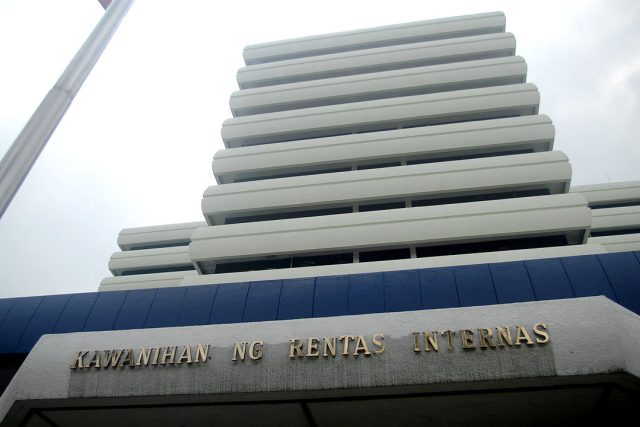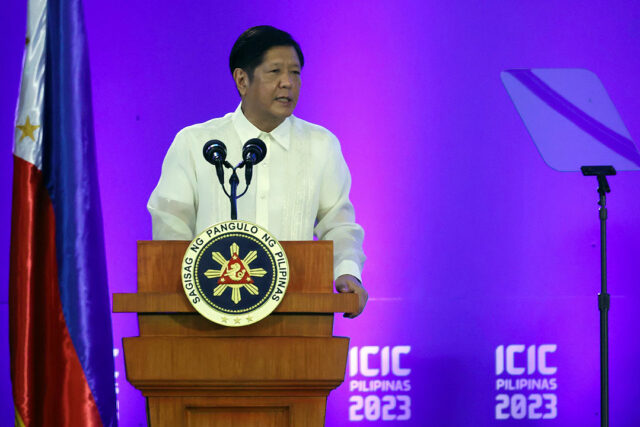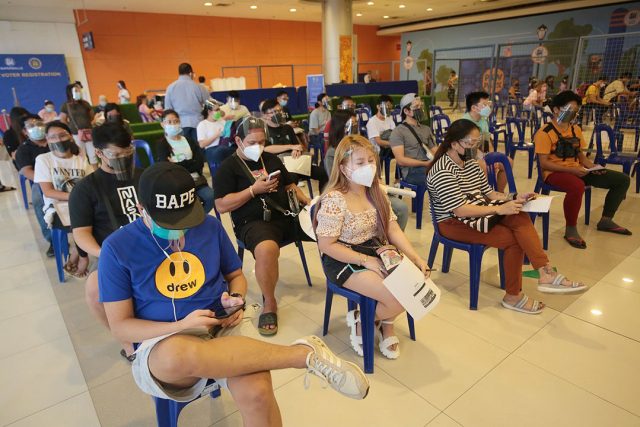If you know any “lectiophiles” — people who love reading — you can probably imagine how they respond to receiving letters, especially if they are handwritten or printed in a lovely font. I know all too well because my significant other is one. She has a box full of letters from dear friends and family, which she constantly opens to read random letters, to remind herself that people love and care for her. One thing a lectiophile really appreciates is receiving letters and reading them over and over again.
It’s a fair guess, however, that even the most ardent lectiophile would not be thrilled by a letter from the Bureau of Internal Revenue (BIR), especially if it concerns tax compliance.
One of the letters that taxpayers dread receiving is a Letter of Authority (LoA). This is the official document that authorizes the BIR to examine and scrutinize a taxpayer’s books of account and other records to check and determine the taxpayer’s tax compliance.
As set forth in Section 6(A) of the Tax Code, as amended, the BIR’s authority to examine and assess the taxpayer is restricted only to the Commissioner of Internal Revenue (CIR) or his/her duly authorized representatives, such as the Deputy Commissioner, Assistant Commissioner, and Head Revenue Executive Assistant. However, as an exception to the rule, Section 10(c) of the Tax Code, as amended, allows Revenue Regional Directors (RD) to issue LoAs.
Since the LoA is the starting point of any BIR tax audit, it is the most important letter a BIR officer should be equipped with in order to legally and validly examine the books of a taxpayer. The LoA is the concrete manifestation of the grant of authority by the CIR or his authorized representatives to the revenue officers. It also serves as a notice to the taxpayers that they are being audited. Without it, the BIR’s audit, no matter how fruitful the legal and factual findings were presented, will surely be void on the grounds of technicality. The courts (Supreme Court and Court of Tax Appeals) have clearly ruled on this in a number of tax cases.
CASES WHERE AN LOA MAY LOSE ITS EFFECTIVENESS
An LoA, which gives authority to BIR officers, is not an infallible document. It does not give them indefinite power over a taxpayer’s books of account and records. There are cases where LoAs are invalidated.
Assignment of a new team to continue the audit
From time to time, the BIR issues a Revenue Travel Assignment Order (RTAO) which transfers BIR examiners to different Revenue District Offices (RDO) or Revenue Regions (RR). By virtue of an RTAO, BIR officers are reassigned to different RDOs or RRs which means that their old assessment cases will have to be reassigned to another examiner.
Revenue Memorandum Order (RMO) No. 43-1990, as also cited by the Supreme Court in CIR v. Manila Medical Services, Inc. (Manila Doctors Hospital) (G.R. No. 255473, Feb. 13, 2023), states that in cases of reassignment, the new set of BIR officers that will continue the audit should be clothed with a new LoA extending to them the authority to examine the taxpayer’s books of account which was given to the previous team.
Lapse of the prescriptive period to audit the books of account
As a rule, Section 203 of the Tax Code, as amended, provides that an assessment of internal revenue tax must be made within three years counted from the deadline for filing of the tax returns or the actual date of filing, whichever is later.
Since the BIR’s right to collect prescribes after three years, the LoA previously issued loses its validity and no further revalidation of the LoA can be done after the fact. An exception to this case is when there is an allegation of fraud, falsity, or failure to file the tax return, in which case the authority to examine will be extended to 10 years from the discovery.
Delegation of authority to other revenue officers by letters other than an LoA
In lieu of an LoA, the BIR issues other documents which delegate to BIR officers the authority to audit the books of the taxpayer. Some of the common documents issued by the BIR to reassign the case to a new set of officers are Memorandum of Assignment (MoA), Referral Memorandum, Letter Notice, or any other equivalent document.
As mentioned previously, RMO No. 43-1990, as further explained in the case of Medicard Philippines, Inc. v. CIR (G.R. No. 222743, April 5, 2017), provides that the deficiency VAT assessment against Medicard Philippines is invalid because there was no LoA issued by the CIR prior to the issuance of Preliminary Assessment Notice (PAN) and Final Assessment Notice (FAN). The Letter of Notice earlier sent to Medicard Philippines was not validly converted into an LoA. The SC emphasized that “(W)hat is crucial is whether the proceedings that led to the issuance of VAT deficiency assessment against Medicard had the prior approval and authorization from the CIR or her duly authorized representatives. Not having authority to examine Medicard in the first place, the assessment issued by the CIR is inescapably void.”
Lapse of the 180 or 240-day period to complete a tax audit will not invalidate the LoA
Revenue Audit Memorandum Order (RAMO) No. 1-2000, which is further amended by RMO No. 19-2015 and RMO No. 6-2023, provides that generally, an entire tax audit process must be completed within 180 days from the issuance of the LoA for cases in the RDOs or 240 days for cases covered by the Large Taxpayer Service. Previously, the LoA was to be served to the taxpayer within 30 days; however, Revenue Memorandum Circular (RMC) No. 82-2022 removed that requirement as long as the audit is done within 180 or 240 days, as the case may be.
In cases where the audit is not completed within 180 or 240 days, the LoA does not lose its validity for as long as the BIR’s right to assess has yet to prescribe. Hence, there is no need to revalidate the LoA for the audit to continue. However, the revenue officers assigned to the audit will be subject to administrative penalties. This is consistent with the CTA’s ruling in Xpert Air Services, Inc. v. CIR (CTA Case No. 10171, March 14, 2023) and with CTA En Banc’s ruling in CIR v. GS MTE Grains Corporation (CTA EB Case No. 1958, July 6, 2020).
The above cases amended the previous requirement provided for in RMO No. 43-1990 that the LoA loses its effect and should be revalidated by the BIR by virtue of the BIR’s General Audit Procedures and Documentation.
To reiterate, no matter how comprehensive the legal and factual findings presented by the BIR, without a valid LoA, the whole assessment will be invalidated. So, check what letters the BIR is issuing to you. The presence of the above-mentioned instance may invalidate the whole assessment for violating your right to due process. By this we can say that one letter can really make a difference in your tax audits.
Let’s Talk Tax is a weekly newspaper column of P&A Grant Thornton that aims to keep the public informed of various developments in taxation. This article is not intended to be a substitute for competent professional advice.
Runell Alvyn V. Sarmiento is a senior in charge from the Tax Advisory & Compliance division of P&A Grant Thornton, the Philippine member firm of Grant Thornton International Ltd.
pagrantthornton@ph.gt.com












